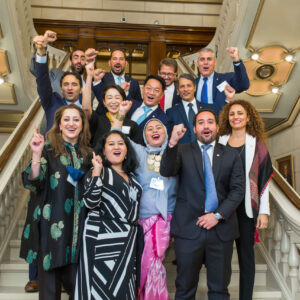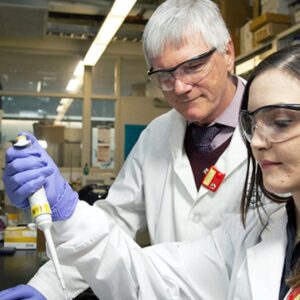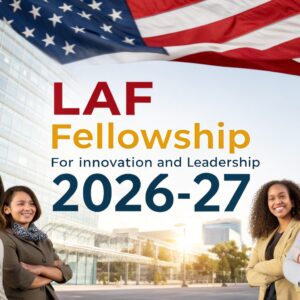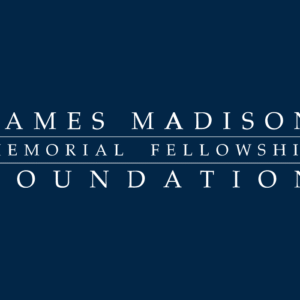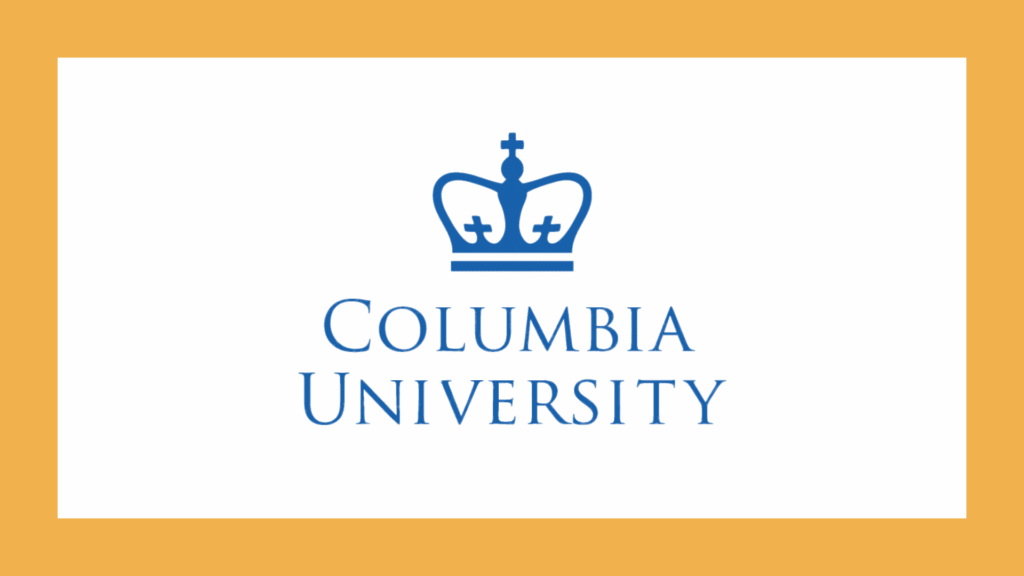
The USA Columbia University Beyond the Bars Fellowship 2025 is a transformative, fully-supported leadership development program created to strengthen the leadership capacity of students and community members impacted by mass incarceration. The fellowship equips participants with the tools, confidence, and networks needed to drive lasting social change.
Running from October 2025 to May 2026, the program is hosted at the Columbia School of Social Work in New York City. Fellows meet weekly for interactive seminars, workshops, and discussions centered around criminal justice reform and community organizing. They also collaborate with advocacy organizations through Solidarity Team Projects, gaining hands-on experience in real-world campaigns.
This powerhouse fellowship not only provides deep knowledge and skills but also offers a $1,000 honorarium, making it accessible to individuals from all backgrounds.
Why the USA Columbia University Beyond the Bars Fellowship 2025 Is a Powerhouse Opportunity
Unique Learning Experience in the USA Columbia University Beyond the Bars Fellowship 2025
The USA Columbia University Beyond the Bars Fellowship 2025 blends academic learning with grassroots organizing. Fellows attend weekly seminars led by faculty, organizers, and formerly incarcerated leaders. Topics include:
- Mass incarceration’s historical roots
- The intersection of race, poverty, and the justice system
- Restorative and transformative justice models
- Coalition-building and community organizing
- Legislative advocacy and campaign strategy
This unique curriculum bridges theory and practice, helping fellows understand systemic challenges while building the skills to dismantle them.
Honorarium and Accessibility
A core strength of the program is its accessibility. The USA Columbia University Beyond the Bars Fellowship 2025 provides a $1,000 honorarium to each fellow. This funding helps offset transportation, childcare, or other barriers to participation, ensuring the program is open to individuals from diverse socioeconomic backgrounds.
Building a Diverse Community
The fellowship thrives on diversity. Each cohort includes students, grassroots organizers, and people directly impacted by incarceration. This intentional mix creates a powerful community where fellows share experiences, build solidarity, and learn from each other’s unique perspectives.
Eligibility and Application Process for the USA Columbia University Beyond the Bars Fellowship 2025
Who Can Apply?
The USA Columbia University Beyond the Bars Fellowship 2025 is open to New York City–based students and community members, with a strong focus on individuals directly or indirectly impacted by the criminal justice system.
Applicants do not need professional experience in advocacy. Instead, the fellowship values passion, commitment, and the potential to lead community-driven change.
Application Timeline
- Applications Open: July 15, 2025
- Applications Close: August 15, 2025
- Group Interviews: August 25 – September 5, 2025 (rolling)
- Notifications Sent: September 12, 2025
- Fellowship Begins: October 7, 2025
Tip: Submit your application early and prepare for a group interview, which evaluates your collaboration and communication skills.
How to Apply
Applications must be submitted online via the Columbia Center for Justice. You’ll complete a form, answer reflection prompts about your experiences and goals, and provide references.
Core Components of the USA Columbia University Beyond the Bars Fellowship 2025
Weekly Seminars and Workshops
Fellows meet weekly at Columbia’s School of Social Work. Sessions cover:
- The history and policies behind mass incarceration
- Advocacy strategies to influence public policy
- Grassroots organizing techniques
- Restorative justice and healing practices
These sessions feature renowned guest speakers—often leaders from successful justice campaigns—giving fellows insider knowledge and inspiration.
Solidarity Team Projects
In addition to seminars, fellows collaborate on Solidarity Team Projects. These are group assignments with established advocacy organizations. Teams might work on campaigns for parole reform, community education initiatives, or legislative outreach.
Past projects have partnered with organizations such as:
- RAPP (Release Aging People in Prison Campaign)
- Alliance for Families for Justice
- Black Alliance for Just Immigration (BAJI)
These projects give fellows hands-on experience and tangible results they can share with future employers or advocacy groups.
Mentorship and Networking
Mentorship is a critical element of the USA Columbia University Beyond the Bars Fellowship 2025. Fellows are paired with experienced mentors who guide them through their advocacy work and professional development. This mentorship often continues beyond the fellowship, forming lasting connections.
Pain Points Addressed by the USA Columbia University Beyond the Bars Fellowship 2025
1. Feeling Isolated in Advocacy Work
Advocacy work can feel lonely. This fellowship combats isolation by providing a supportive community where fellows exchange ideas and find solidarity.
2. Lack of Access to Training and Resources
Many aspiring advocates don’t have access to high-quality training. The fellowship offers structured workshops and tools to build your leadership skills.
3. Limited Access to Networks
It can be hard to break into established justice networks. Through the fellowship, you gain direct access to influential organizations and leaders in the field.
Tips for a Strong Application to the USA Columbia University Beyond the Bars Fellowship 2025
1. Be Authentic
Your lived experience matters. Be open about your connection to the justice system and how it shapes your passion for reform.
2. Show Commitment
The fellowship requires a significant time investment. Demonstrate your dedication by highlighting past examples of long-term commitments to work, school, or volunteer projects.
3. Emphasize Collaboration Skills
Fellows work in teams, so showcase your ability to collaborate and communicate effectively.
Success Stories: Past Fellows of the USA Columbia University Beyond the Bars Fellowship
From Fellow to Policy Advocate
One alum, Marisol G., joined the fellowship after serving time in a New York prison. She leveraged her training to become a policy associate at a statewide criminal justice nonprofit. Today, she testifies at legislative hearings on parole reform.
Launching a Community Program
Another alum, James K., used skills from his Solidarity Team Project to launch a mentoring program for youth impacted by incarceration. His program now serves over 100 young people each year.
These stories highlight how the fellowship not only transforms participants but also amplifies their impact in communities.
Benefits of Participating in the USA Columbia University Beyond the Bars Fellowship 2025
- $1,000 honorarium to reduce financial barriers
- Leadership development through seminars and mentorship
- Hands-on advocacy experience via Solidarity Team Projects
- Expanded networks of advocates, scholars, and community leaders
- Personal growth in a supportive environment
Frequently Asked Questions (FAQs)
1. Who is eligible for the USA Columbia University Beyond the Bars Fellowship 2025?
NYC-based students and community members passionate about criminal justice reform, especially those impacted by incarceration, are encouraged to apply.
2. Is prior advocacy experience required?
No. The fellowship is designed for people at all levels, from beginners to experienced advocates.
3. Is there an application fee?
No. Applications are free to submit.
4. How many fellows are selected?
Cohorts typically include 15–20 fellows to ensure a close-knit community.
5. Are fellows required to attend all sessions?
Yes. Attendance and active participation are expected.
6. Can international students apply?
International students living in NYC may apply, but the fellowship cannot provide visa sponsorship.
7. Do I need to be a Columbia University student?
No. Many fellows are community members who are not enrolled at Columbia.
8. Can I work full-time while in the fellowship?
Yes, but you must commit to weekly evening sessions and Solidarity Team Project responsibilities.
9. What is the selection process?
Applications are reviewed for passion and potential. Shortlisted candidates are invited to group interviews.
10. Where can I find more information?
Visit the Columbia Center for Justice website for full details.

